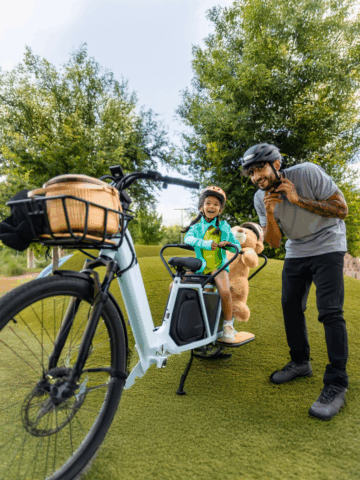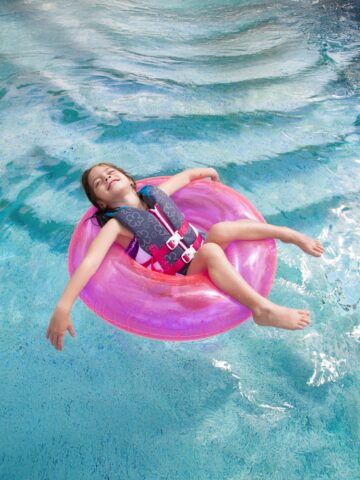Poison control centers across the country receive more than two million calls a year. Most of the calls involve children ages 5 and under who have been accidentally exposed to poisons in the home.
Considering the active and curious nature of young children, parents need to take extra precautions to prevent their little explorers from getting into dangerous household items.
Dr. Lilit Minasyan, who works in the Emergency Department at CHOC, offers the following tips to help prevent accidental household poisonings:
- Store all vitamins, narcotics, over-the-counter medications, household cleaners, cosmetics and liquor in a locked or latched cabinet out of the reach of children.. Even items that may seem harmless, like iron-rich vitamins meant for adults, could be dangerous if kids ingest them in large quantities.
- Never tell children that vitamins or medications are candy.
- Always keep pills, household cleaners, liquids and other possibly toxic substances in their original containers. Don’t put them in soda bottles or food containers; your child might eat or drink from them.
- Don’t keep cleaning supplies, including dishwasher detergent and dishwashing liquids, under the kitchen sink where kids can easily get to them.
- Keep hazardous automotive products, locked and out of a child’s reach, in the garage.
- While cleaning the house or using household chemicals, never leave the bottles unattended if a small child is present.
- Memorize the national poison control center phone number – 1-800-222-1222 – and program it into your cellphone.
If you think your child has ingested a toxic substance, don’t induce vomiting, says Dr. Minasyan. A child could choke on the vomit or the vomit could travel into the lungs. Some cleaners and substances will cause internal burns in the mouth and throat, so it’s important to avoid further injury.
If your child is unconscious, not breathing, or having convulsions or seizures, call 911. If your child has mild or no symptoms, call the Poison Control Center at 1-800-222-1222.
Get more expert health advice delivered to your inbox monthly by subscribing to the KidsHealth newsletter here.
Get more safety and injury prevention tips from CHOC experts
More children are affected by injuries than all other childhood illnesses and diseases combined. Most of these injuries are predictable and preventable. Here’s how to keep your child safe.





